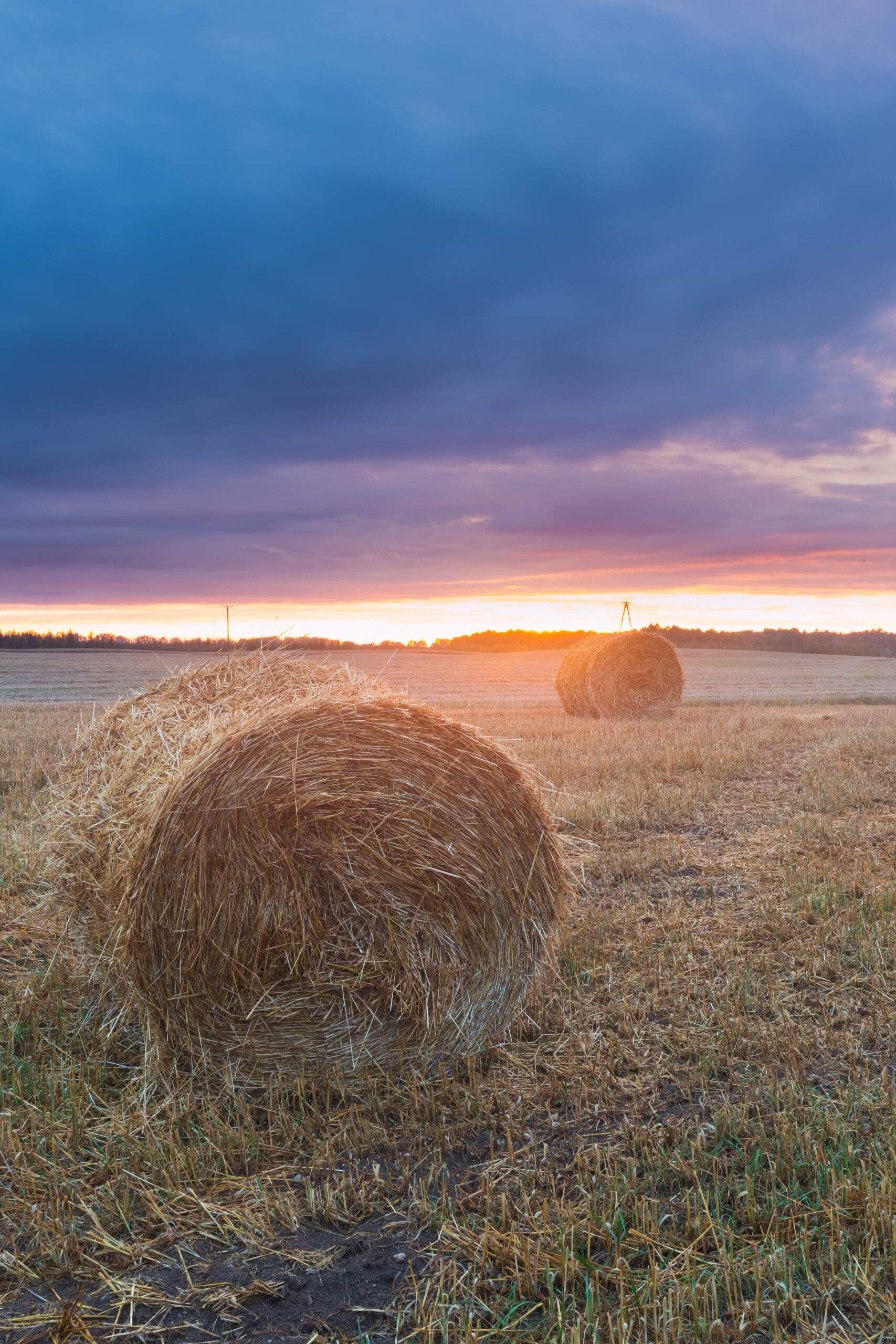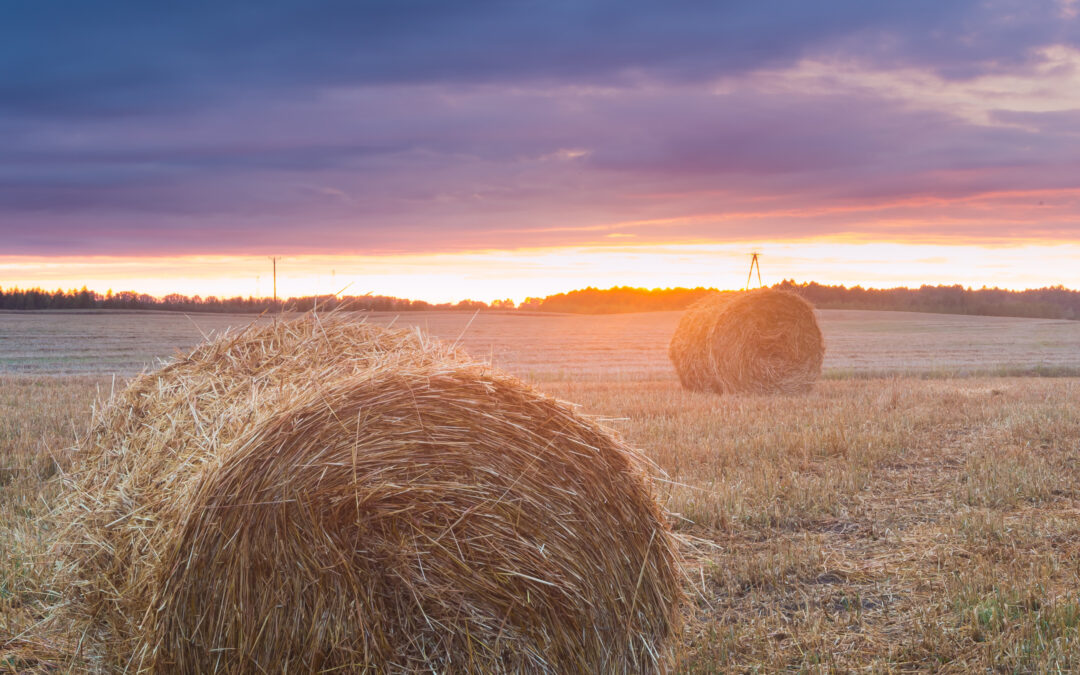Welcome to the world of organic gardening! Whether you’re a seasoned gardener or just starting out, there are many benefits to growing your own produce using natural methods. In this guide, we’ll cover everything you need to know to get started with organic gardening.
Organic gardening is a method of growing plants without the use of synthetic fertilizers and pesticides. Instead, it relies on natural practices such as composting, crop rotation, and companion planting to maintain soil health and keep pests at bay. By choosing organic gardening, you’re not only reducing your environmental impact but also providing yourself with fresh, nutritious food that is free from chemicals.
The first step in starting an organic garden is to choose the right plants and seeds. Consider which crops will grow well in your area and select varieties that are suitable for your climate and soil type. When selecting seedlings or seeds, look for those that are certified organic or grown using sustainable practices.
Once you have your plants and seeds, it’s time to prepare your soil for planting. Organic gardening begins with healthy soil, so spend some time building up the quality of your earth. Add plenty of compost and other organic matter to enrich the soil and improve drainage. You can also use cover crops like clover or rye to help prevent erosion and boost nitrogen levels.
Watering your garden is essential for keeping your plants healthy and productive. However, it’s important to avoid overwatering, which can lead to root rot and other problems. Use a watering schedule based on the needs of your specific plants and weather conditions. Avoid using harsh chemicals like pesticides and herbicides, which can harm beneficial insects and disrupt the balance of your ecosystem.
Instead, try using natural remedies for pest control in your organic garden. For example, attract ladybugs and lacewings to your garden by planting flowers like marigolds and yarrow. These predators love to snack on common garden pests like aphids and mites. You can also make your own homemade sprays using ingredients like garlic, soap, and hot peppers to repel pests.
As your plants begin to mature, it’s time to start thinking about harvesting your crops. Depending on the type of vegetables or fruits you’re growing, you may be able to pick them when they’re ripe or wait until they reach their peak flavor. Be sure to handle your produce gently and store it properly to ensure maximum shelf life.
Finally, maintenance is key to keeping your organic garden thriving. Regularly check your plants for signs of disease or damage, and take steps to address any issues before they become more serious. Continue adding organic matter to your soil, and consider planting cover crops during fallow periods to improve soil health and reduce erosion.

In conclusion, organic gardening is a rewarding hobby that provides numerous benefits to both people and the environment. With these tips, you should be well on your way to creating a beautiful and bountiful organic garden. Happy growing!



